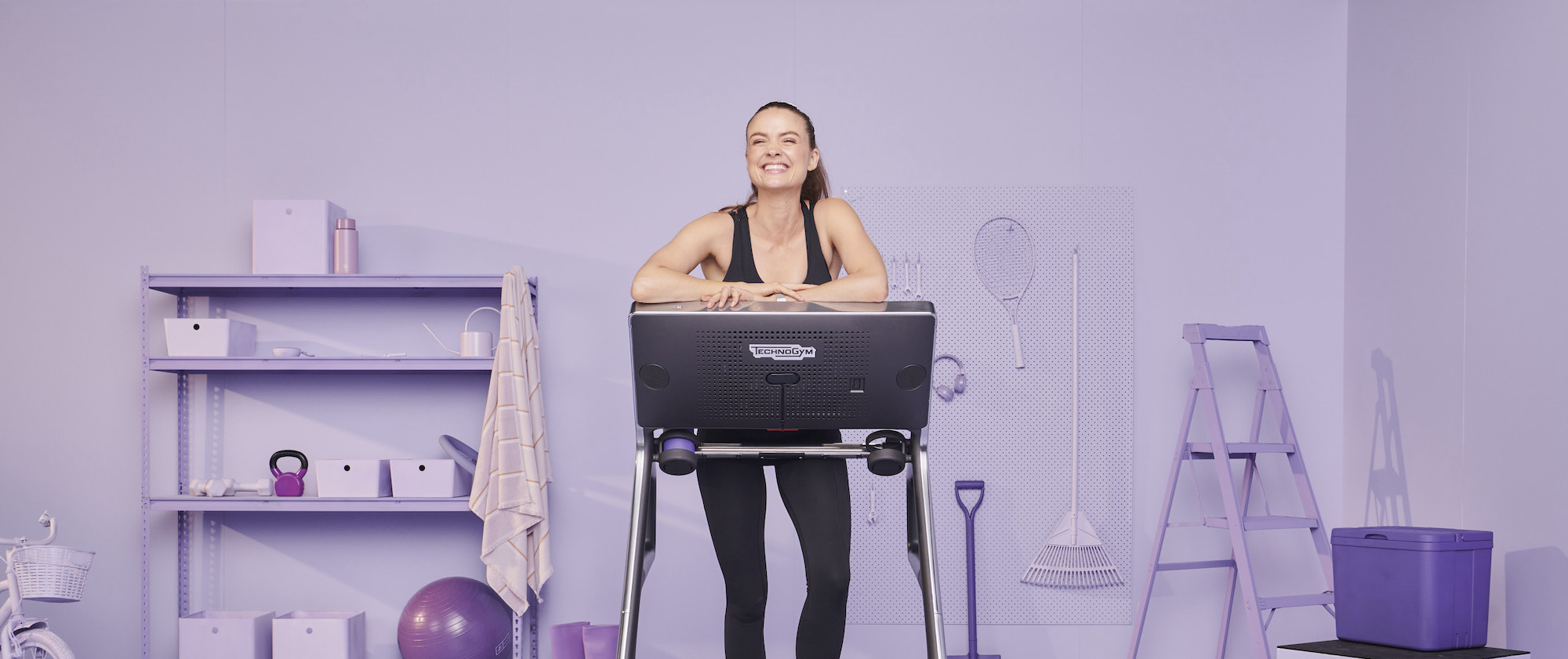Ready to run your way?
Get started with KICRUN today!
Ever gone for a run and felt like your breath just can’t keep up? You’re gasping for air and just can’t keep your breath steady. We hear you!
So many of us experience this when we first start running. Our body is doing something new so it’s normal to feel a bit out of breath at first. As you progress throughout KICRUN, we’re confident you’ll learn how to get your breathing under control and it will get a bit easier. Like anything, it’s a new skill to learn.
To find out more about how to breathe properly whilst we run, we chatted to Kic’s Physio Ashleigh Ormond, with our questions!
Here’s what Ash had to say …
Running and breathing can sometimes seem impossible for me…
For some, running comes as naturally as breathing. Whilst for others, just making it to the end of the run is an achievement. I’m definitely in the latter camp; I’ve never quite understood how some people make running seem so effortless, meanwhile I’m over here completely gassed and beetroot-faced like a baby giraffe. And don’t even get me started on “easy runs”, I’m not sure I’ve experienced an easy run in my entire life.
So, why do some of us find it so hard to breathe whilst running?
In the absence of conditions like asthma, breathlessness whilst running is most often the result of your body trying to meet the increased energy demands placed on it by running. When you push your body physically while running, carbon dioxide builds up in your system, triggering an increase in respiratory rate (breathing) to allow more oxygen in.
When you first take up running or any other fitness activity, or if you’re coming back after a break from exercising, it’s likely you’ll notice that you get out of breath more easily. This is also due to the fact that your diaphragm, like any other muscle in your body, needs time to build condition, and may fatigue more easily when you’re first starting out.
I’ve been running for a while, and I’m still struggling
If you’ve been running for a while and still notice you’re unable to control your breathing, there may be a simple answer: you’re likely pushing too hard. With the exception of sprints and intervals, running is a mostly aerobic activity. The purpose of easy and long runs is to build condition in the aerobic system (you can read more about this here). This means that the majority of our runs should be spent at a 4/10 effort to build up a good aerobic base, which would allow for more effective ventilation.
Of course, in hot weather, hilly terrain, and at higher altitudes you might have some runs or sections of your run where breathing feels harder, which is very normal. If that’s the case, modify your pace and slow down to a pace that feels more comfortable to ease the strain on your respiratory system.
So, how can I get better at this?
As a beginner runner looking to improve their breathing whilst running, my best advice is forget about societal pressure to keep a certain pace, and instead try slowing down to a pace where you would be able to hold a conversation, or where you can breathe comfortably through your nose. However, as a chronic sinusitis and deviated septum girly, I’m going to add here that if breathing through your nose doesn’t feel comfortable, that’s okay. The most important thing is that you’re running at a pace that you feel you could hold a conversation, or maybe even sing the Era’s tour setlist, if you feel so inclined.
A good, dynamic warm up, plus starting out even slower than your ‘slow’ pace for the first 5 minutes or so will allow your body time to adjust without your respiratory rate rapidly climbing. And outside of your running, diaphragmatic or belly breathing exercises can help to strengthen your diaphragm, and build more effective breathing patterns (we also love these for a calm nervous system too, win win!).
At the end of the day, like anything, running is a skill. And learning any new skill takes time, patience and practice. Listen to your body, go easy, and be kind to yourself as you move through your running journey.
And please note: if you’re concerned about your breathlessness whilst running, please seek medical advice from your GP.

Reduce injury and make your runs more enjoyable with Laura’s tips to improve your running form.

When it comes to your post run feed, it’s so important to re-fuel your body with a nutritious meal. Your body needs the right nutrients to recover! Here are 5 meals that you should whip up after your next run.

Have you heard the exciting news? KICRUN Club, in partnership with New Balance, is back! No matter where you are or how far you run, the KICRUN Club is with you every step of the way.
